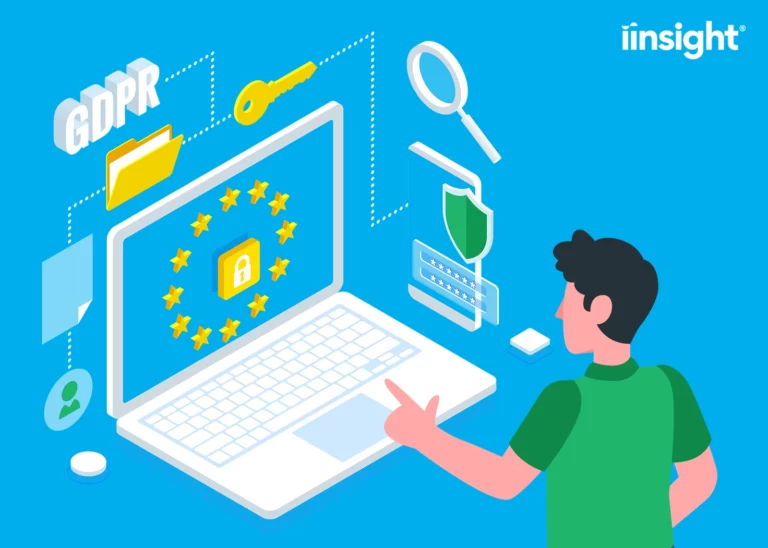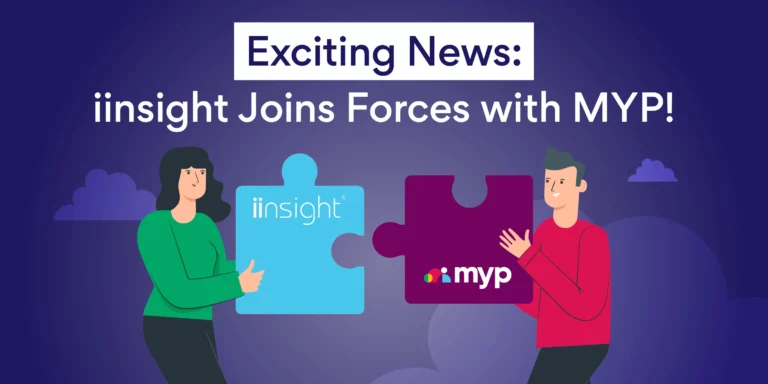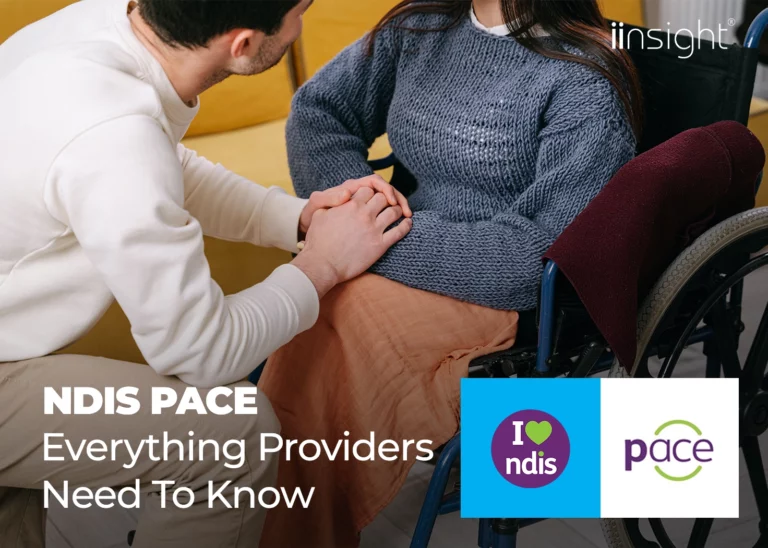For most of the 5 million allied health providers working in the United States today, case management is a critical part of the job. It helps ensure that you’re providing quality care to your patients.
But case management can be a demanding process if you do it manually. That’s where a good case management reporting system comes in. The system helps streamline everything for you so you can focus on what matters most: your patients.
In today’s post, we outline seven clear ways case management reporting systems enhance the jobs of allied healthcare professionals. Let’s delve right in.
1. You Get to Manage Cases From Anywhere
In today’s world, patients are often seen by multiple providers across different settings. This makes it difficult to track all of the information related to a patient’s care, especially if you use a paper-based system to record your data.
With a case management reporting system, you can have all of the information about a patient in one place. This includes information from hospital visits, outpatient appointments, home health visits, and more.
Having all of this information in one place makes it easier to manage cases from virtually anywhere. You can complete reports and update information while you are away from the office. All you need is a smartphone or tablet, internet access, and the relevant login credentials.
2. Eliminates Human Error
A case management reporting system reduces errors that can occur when manually entering data. For example, if you enter patient information into a spreadsheet, there is a greater chance of errors.
With a case management reporting system, the information is entered into the system once and can be accessed by multiple users. This reduces the chances of data entry errors.
3. Analysis Is Easier
With a cloud-based case management reporting system, you can easily track and analyze data. This data can be used to improve patient care.
For example, you can use the data to see which treatments are working and which ones are not. This information can then be used to make changes to the care plan.
You can also use the data to identify trends. This information can be used to prevent problems before they occur.
For example, if you see that a lot of patients are being readmitted to the facility, you can take steps to prevent this from happening.
3. Enhances Communication
A case management reporting system can help to increase communication between providers. For example, if multiple providers see a patient, the case management reporting system can be used to share information between them. This helps to ensure that everyone is on the same page and that the patient is getting the best possible care.
The system can also be used to communicate with other departments within the organization. For example, if you need to refer a patient to another department, you can easily do so using your case management reporting system.
In addition, the system can be used to communicate with insurance companies. This helps to ensure that patients are getting the coverage they need.
4. Boosts Timeliness
When it comes to healthcare, timeliness could be the difference between life and death. A cloud-based system excels at ensuring that things are done at the right time.
For example, if a patient needs to be seen by a specialist, the case management reporting system can be used to refer them. This helps to ensure that the patient gets the care they need promptly.
The system can also be used to schedule appointments. This helps to ensure that patients are seen in a timely manner and that there are no delays in care.
In addition, the system can be used to track laboratory results. This information can then be used to make sure that patients are getting the care they need on time.
5. Enhances Security
When you have a case management reporting system, you can be sure that your patient’s information is secure. Only authorized users can access vital information.
In addition, the system is backed up on a regular basis. This helps to ensure that the information is always available when you need it.
The system is also compliant with HIPAA regulations. This helps to protect the privacy of your patients.
There’s also the fact that your data is stored somewhere safe, so you needn’t worry about losing it all in the event of a fire or a flood. It’s just one of the many benefits of keeping electronic records.
6. You Get to Enjoy Cost Efficiency
Having a case management reporting system can help to save you money. For example, if you are manually entering data, it can take a lot of time.
With a case management reporting system, the data is entered into the system once and can be accessed by multiple users. Doing so helps to reduce the amount of time that is needed to enter data.
In addition, the system can be used to automate tasks, shortening the amount of time needed to complete tasks.
The system can also reduce the amount of time that is needed to communicate with other providers.
Enjoy the Benefits of a Case Management Reporting System
Overall, having a case management reporting system can help you save time and money and improve communication. In addition, the system is secure and compliant with HIPAA regulations. All of these factors make it easier to provide quality care to your patients.
Are you in the market for a reliable case management reporting system in place? Start your free trial with our cloud-based solution today.












